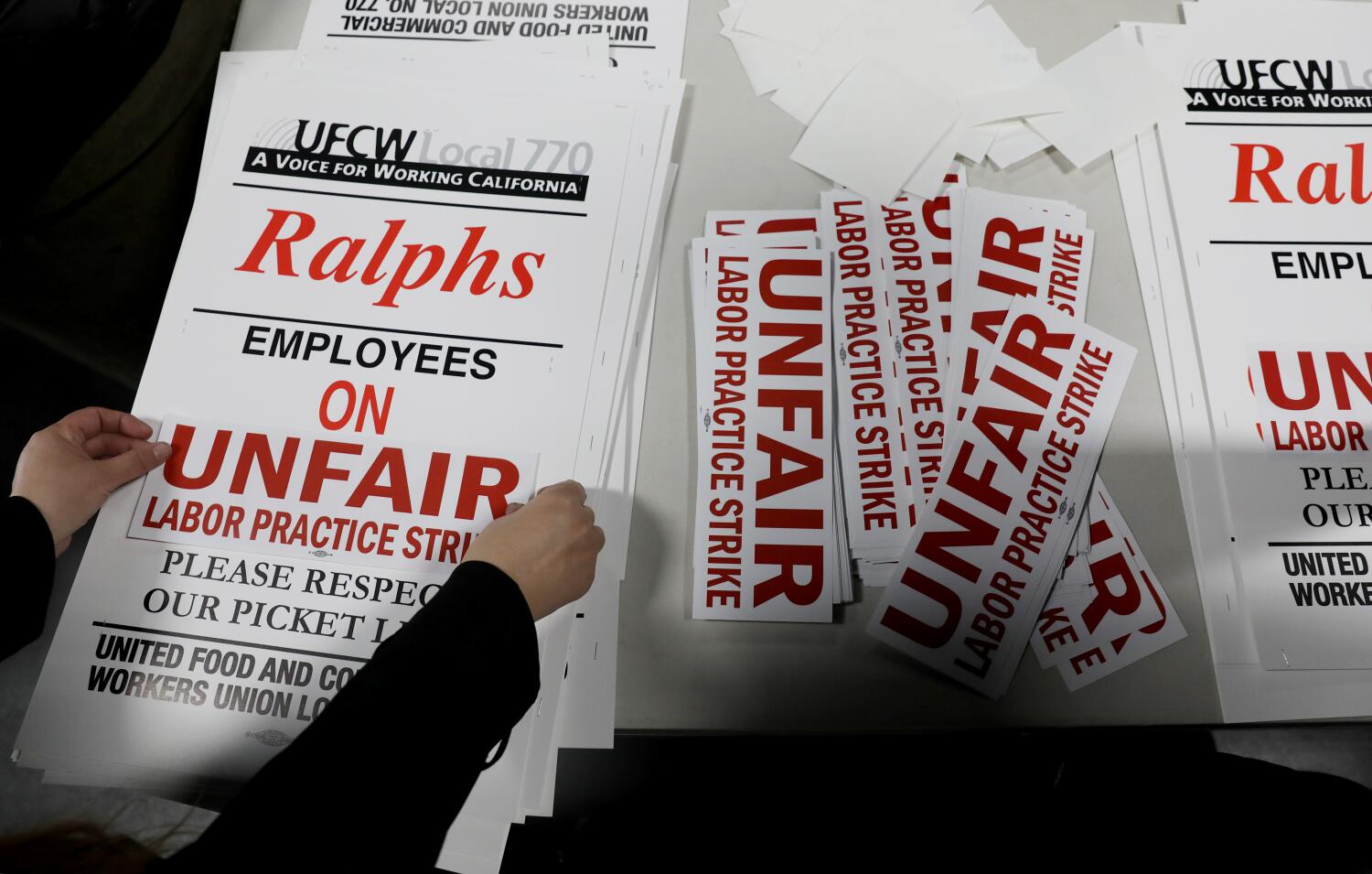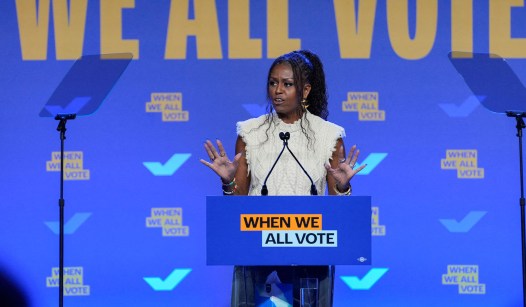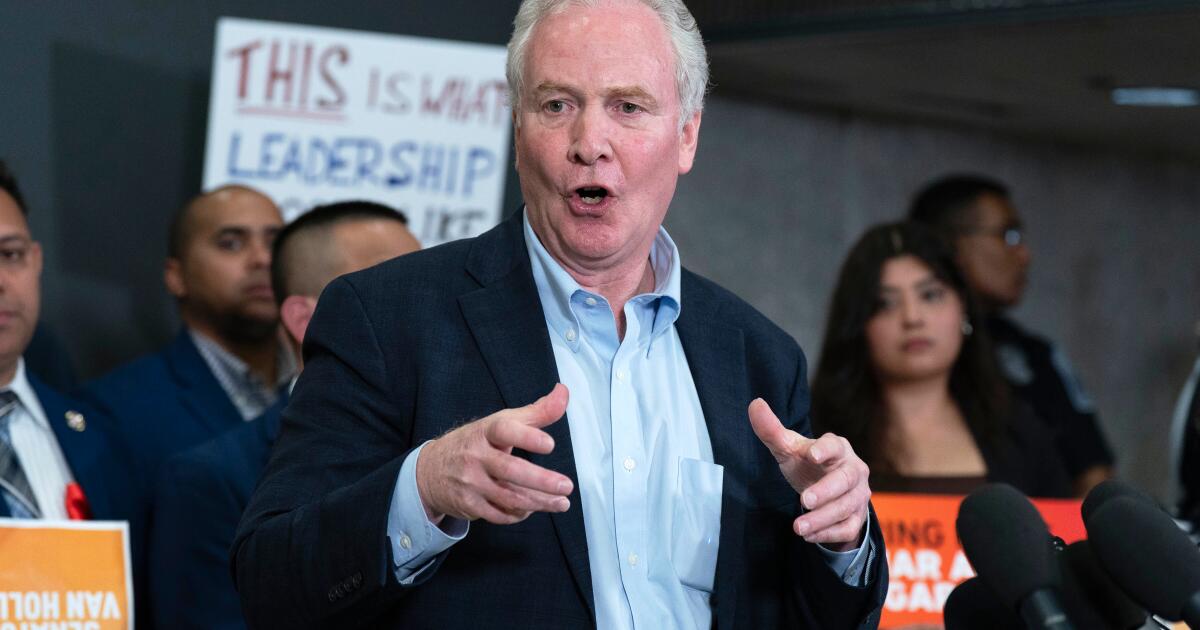Now Reading: DOGE layoffs of federal mediators leave grocery chain talks and other labor disputes in limbo
-
01
DOGE layoffs of federal mediators leave grocery chain talks and other labor disputes in limbo
DOGE layoffs of federal mediators leave grocery chain talks and other labor disputes in limbo

In late March, Isael Hermosillo was informed by his boss early in the morning to cancel all his scheduled meetings for the day. He quickly informed local members of the United Food and Commercial Workers union, as well as attorneys for Albertsons and Kroger, that he would not be able to attend a session in Buena Park later that morning. This was the third consecutive meeting scheduled that week for labor negotiations between major Southern California grocery chains and the unions representing their workers.
A couple of hours later, Hermosillo was told during a video conference call that he was being placed on paid administrative leave for a month and that he would lose his job. He is one of 130 federal mediators who were terminated on March 26 by the Trump administration’s Department of Government Efficiency (DOGE), leading to the closure of the Federal Mediation and Conciliation Service, a 79-year-old federal agency that mediates labor disputes.
The termination of mediators at the agency has raised concerns among both unions and employers about who will now help resolve labor conflicts in Southern California and beyond. Despite being relatively small and not well-known, the agency plays a crucial role in resolving disputes to prevent disruptions to commerce caused by labor unrest, as noted by former federal mediators and experts.
Apart from facilitating negotiations for private employers, the mediators handle worker grievances, train joint labor-management committees, appoint arbitrators when disputes cannot be resolved, and help with negotiation impasses in the federal sector, all at little to no cost.
Hermosillo, who works at the agency’s Los Angeles office in Glendale, expressed that their role is often underestimated, as they intervene quietly to assist with issues and contract negotiations that are on the verge of falling apart. He highlighted the agency’s vital work in resolving disputes and moving on to help other groups in need.
His sudden termination has disrupted negotiations between employers and unions, especially with the expiration of labor contracts covering 55,000 unionized grocery workers in California. Kathy Finn, president of UFCW Local 770, praised Hermosillo’s valuable contributions in negotiations over the years, emphasizing the importance of mediators like him in averting strikes and reaching agreements.
Following the closure of the agency, UFCW and other major unions have filed a lawsuit against the Trump administration to reverse the decision, arguing that it goes against Congress’ powers to establish and dissolve such agencies. The lawsuit emphasizes the significant economic impact of the agency’s services and the void created by its closure.
As efforts are made to address the absence of federal mediation services, California and other states are considering alternatives to fill the gap left by the agency’s closure. Labor groups in California are advocating for increased funding for the state’s Public Employment Relations Board to provide mediation services to private employers, aiming to prevent prolonged disputes and promote peaceful resolutions through mediation.






